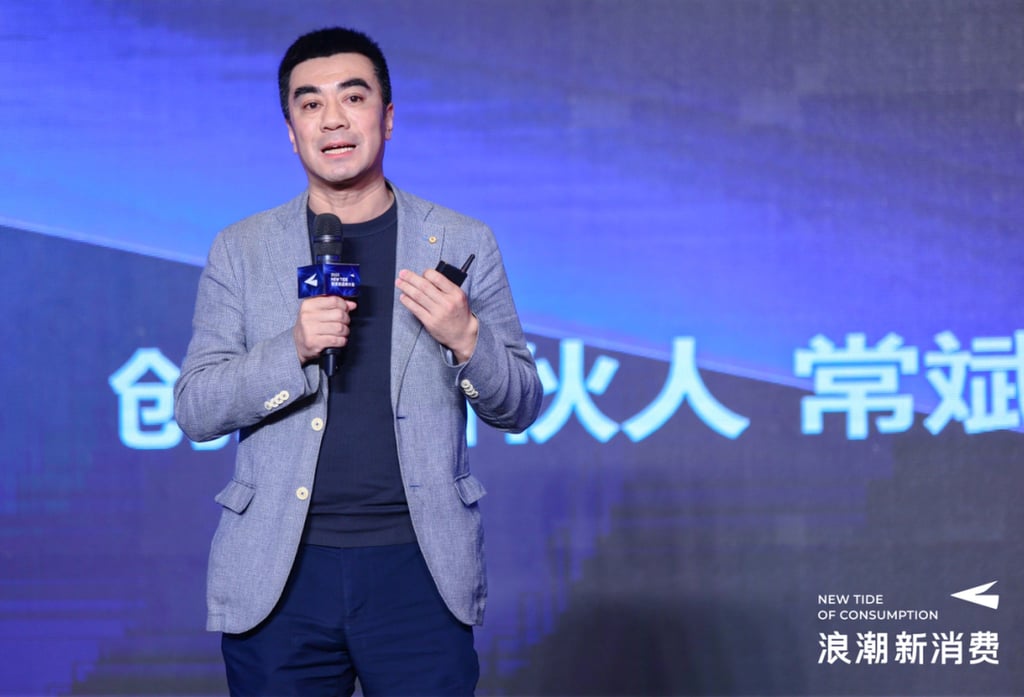Exclusive | China’s consumer sector proves resilient amid persistent headwinds, VC founder says

“When people opt out of a major purchase like real estate, which involves millions of yuan, they redirect their spending towards other categories – from hundreds of thousands on cars to tens of thousands on furniture, down to thousands on travel and hundreds on clothing,” Chang said. “For Chinese consumer brands, this presents an unexpected opportunity.”

Data released on Thursday by the National Bureau of Statistics show that property investment declined 10.2 per cent year on year in the first seven months of 2024, while retail sales eked out a 2.7 per cent increase last month.
While growth has slowed, “we still see vitality driven by shifts in consumption patterns and the vast potential of overseas markets”, GenBridge’s Chang said.

The VC firm’s portfolio includes hotpot ingredient supermarket chain Guoquan Food, premium rice seller Shiyue Daotian and fresh food chain operator Qiandama. While three of GenBridge’s portfolio companies went public last year, no new listings are anticipated this year.
“Going public was once the most lucrative exit strategy [for investors], offering not just money but valuable resources,” Chang said. “Given the current market climate, alternative methods like equity sales and mergers and acquisitions are becoming more viable, leading to greater efficiency in capital allocation.”
GenBridge is also wrestling with the pressures of fundraising and achieving a return on investment. In the second quarter of last year, the firm closed its second flagship fund at around US$400 million, a smaller amount than what its initial fund raised in 2017.
Chang said it was lucky for the firm to close the fund at that time, securing investments from several Asian industrial companies as limited partners.


 Slots with Welcome Bonus Up to 400%
Slots with Welcome Bonus Up to 400%